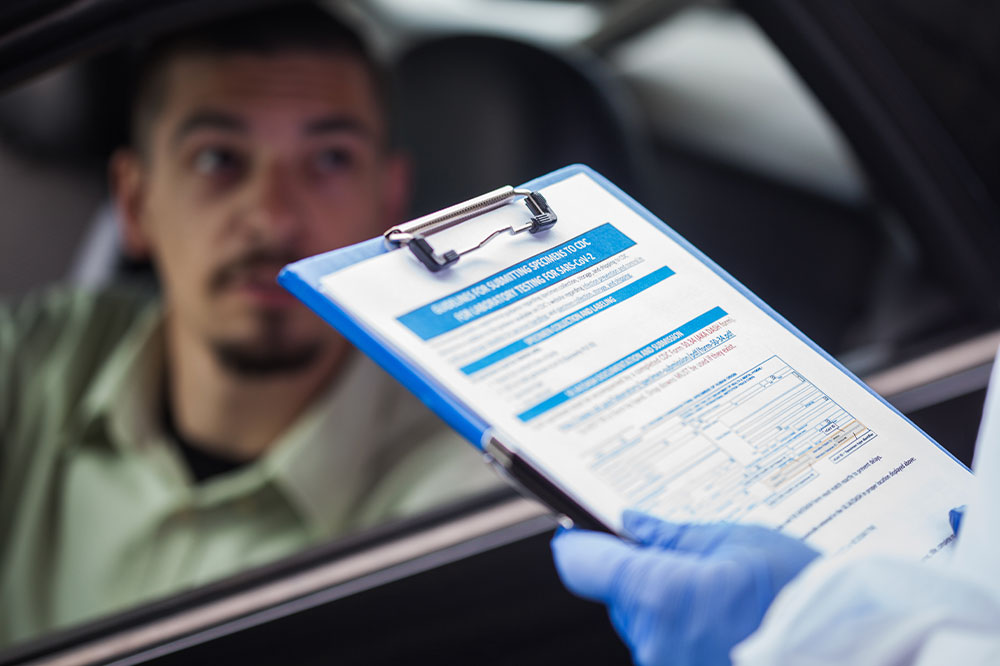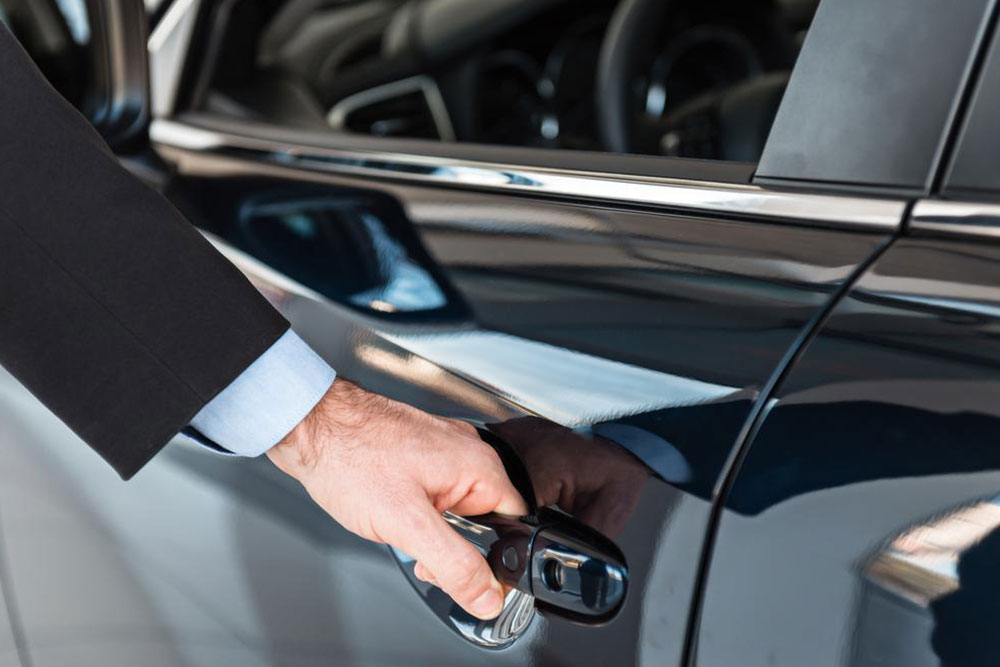Understanding DMV Roles and How to Schedule Your Visit
This article explains the primary functions of the DMV, including licensing, registration, testing, and law enforcement. It provides helpful tips for scheduling appointments, ensuring visitors are well-prepared to complete their tasks efficiently. Understanding DMV responsibilities streamlines the process of obtaining or renewing licenses and registration, saving time and avoiding common pitfalls. The guide emphasizes the importance of proper documentation, appointment booking, and timing strategies for a smoother experience at your local DMV office.

Understanding DMV Responsibilities and Tips for Booking Appointments
Obtaining a driver's license is an important step toward independence. The Department of Motor Vehicles (DMV) is a government agency responsible for issuing licenses, renewing existing ones, registering vehicles, and carrying out various safety and compliance tasks such as emissions testing, maintaining driving records, and handling title transfers.
DMV Key Functions The DMV operates in all states under different names but fulfills similar roles:
Administering Knowledge and Vision Exams The DMV conducts written tests to evaluate driving knowledge, primarily based on the state's driver handbook. Applicants often need to book a test appointment beforehand. Vision screenings are also performed, requiring a minimum score for passing.
License Renewal Process Renewing your license requires visiting a DMV office where you'll submit personal details, your Social Security number, and current license. The department verifies your driving history, and after paying the renewal fee, you'll get a temporary license immediately and a new card within several weeks.
The DMV also verifies Social Security numbers, issues new license plates, and surrenders old ones. Vehicle inspections are mandatory for registration and safety certification, with stickers issued upon successful completion.
Road Testing and Traffic Law Regulation Applicants must pass practical driving tests organized by the DMV. The department also establishes and updates traffic laws related to driving, cycling, and riding scooters to promote safety and reduce accidents.
Tips for Scheduling a DMV Appointment Preparing for your visit can save time. Here are some useful tips:
Review Document Requirements: Check the DMV website for necessary documents to avoid multiple trips or rescheduling.
Know the Regulations: Understand license eligibility rules, especially for international or temporary residents, to streamline your process.
Visit the Information Window: Inquire directly about procedures and required paperwork to ensure readiness.
Avoid Peak Hours: Schedule visits during non-peak times or outside lunch hours to minimize wait times.
Book in Advance: Always reserve your appointment online or by phone, and verify your timing by consulting the DMV calendar.
Use Online Search: Typing “DMV” along with your state in search engines easily locates nearby offices and booking options.
Note: Our blog offers broad and practical insights. While we base our information on recent research, always verify details directly with local DMV offices, as procedures and requirements can change. This site does not endorse specific schemes or offers you may find elsewhere.









